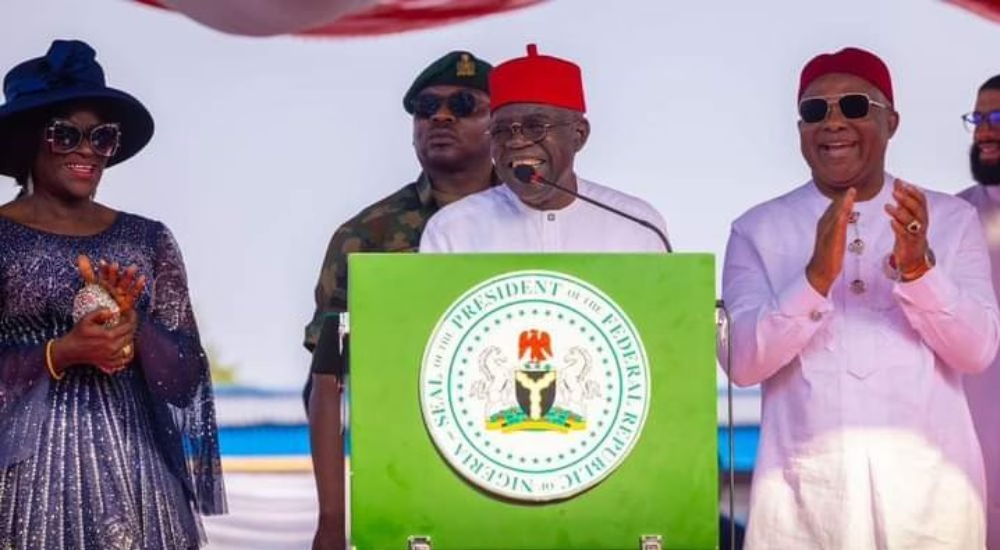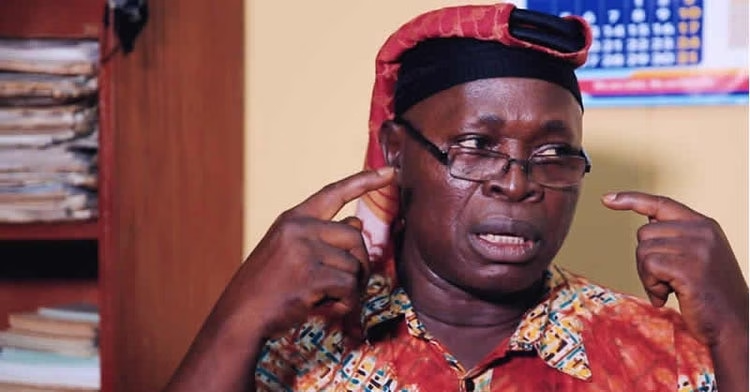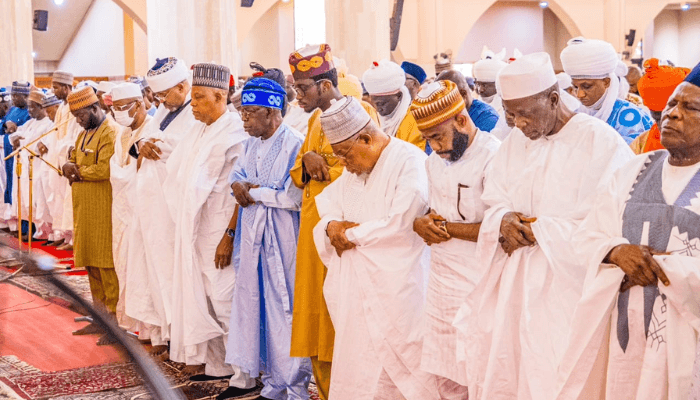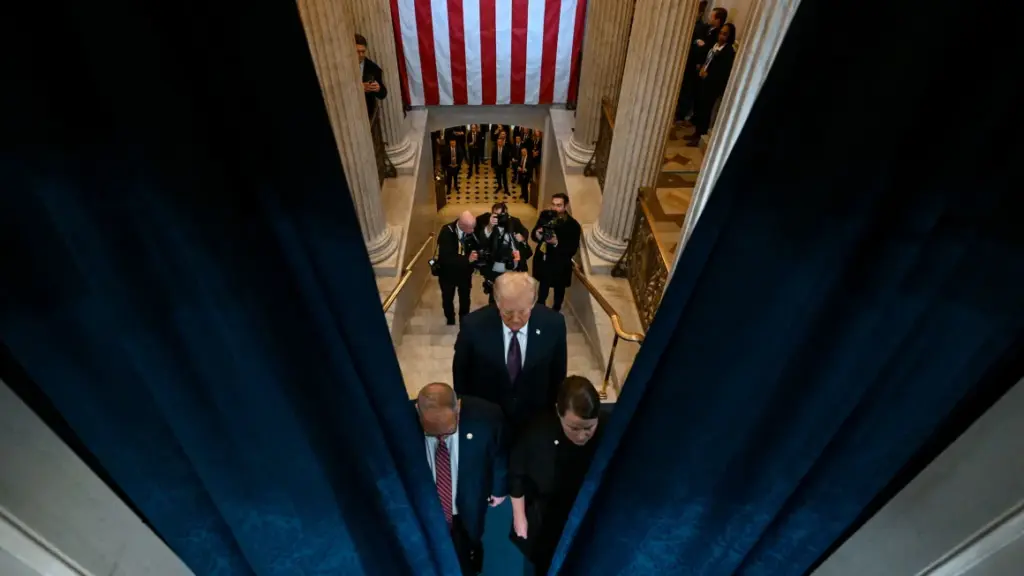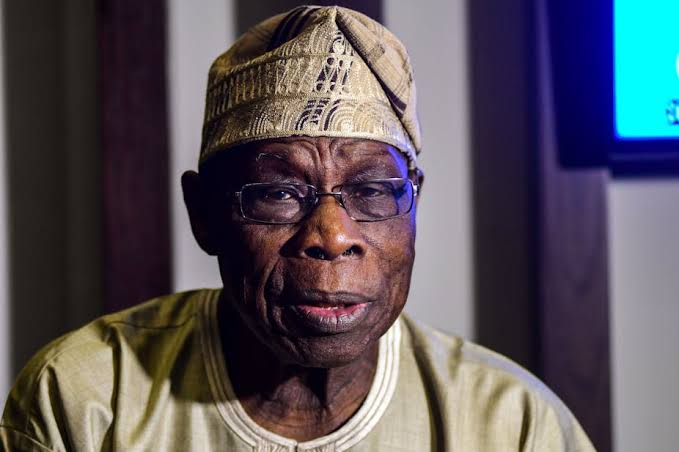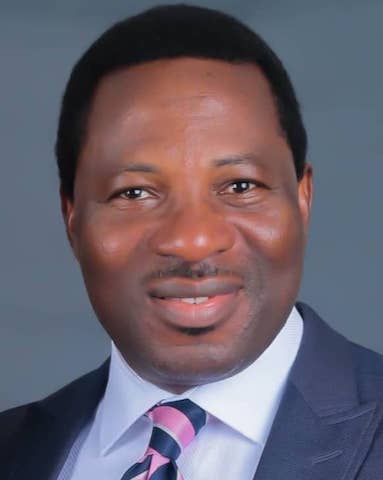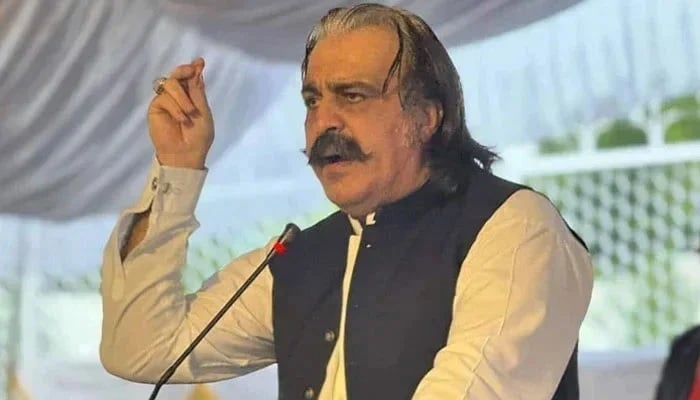Smiling enemy of nationhood
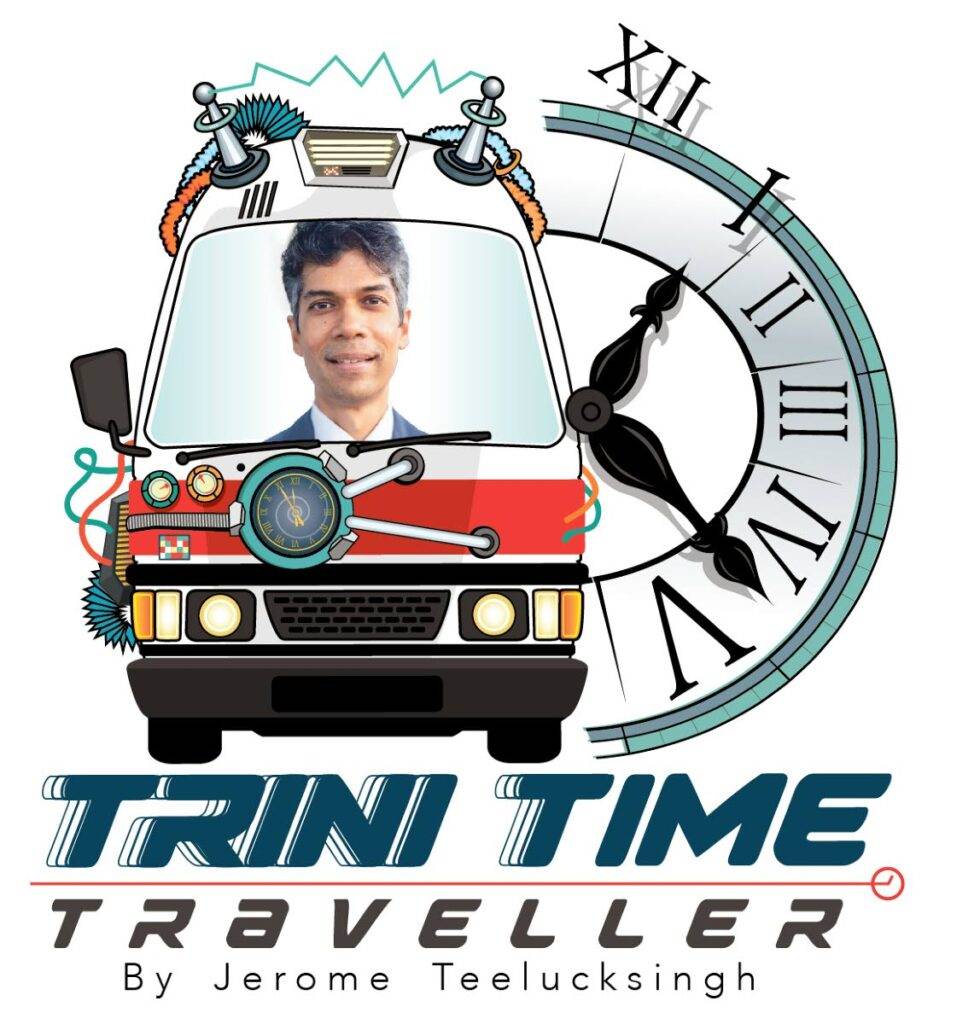
Politics tamfitronics Commentary
Newsday

Jerome Teelucksingh
POLITICS IS the lifeblood of countries, but it is also cancerous, as it attacks the cells of nationhood. Occasionally, socio-economic problems, religious and cultural issues are caught in the political crossfire. A harmonious Caribbean culture is absent and instead a perpetually divisive atmosphere exists in most countries.
It is unfortunate that the rivalry and hostility among political parties have been a major contributor to the ignorance and economic backwardness of segments of our population.
In the post-independence and post-republican eras, Caribbean politics has made progress, but regrettably there is also regression. Most regional politics has been circumscribed by the skewed nature of campaigning, stunted ideology and an outdated Westminster system. Racial and ethnic divisions are fostered by an outdated mode of party politics. It is a travesty of politics that has created a fertile environment for the monstrous evolution of alienation, hostility and segregation.
Opposition and ruling parties regularly overlook harmony in their parochial pursuit of power. The polarisation between these political entities is the acceptable modus operandi. There seems to be scant regard for uplifting the wretched of the Caribbean.
Random pleas from smiling politicians for unity and justice seem like a sham. Political platforms are misused to maintain the hypnotic trance of their loyal, laughing supporters and this has resulted in class, racial/ethnic, gender and religious schisms. Some, with their deceptive smiles, spout rhetoric and plant seeds of mistrust and fear.
The political gerrymandering that has been characteristic of most elections has devalued the sanctity of politics and promoted insularity. The prelude to voting and electoral fraud would usually be platform speeches replete with character assassination, accusations of corruption, mudslinging, thuggery and tribal voting.
There seems to be a concerted effort of aspiring and established politicians to appeal to the sentiments of the crowd. And politically-motivated detractors have also undermined the fragile foundation of multiculturalism.
Our region badly needs the full and genuine support of everyone in times of crisis. Hopefully, in the future there will be fewer instances of the blame game. The mindset of the cult followers has certainly hampered the ability of the region to progress. This mentality has clouded our judgements and negatively affected our productivity and performance in the public and private sectors.
Some of us should listen to the classic Revolution (1974) by Bob Marley and the Wailers, who prophetically sang, “Never make a politician grant you a favour/They will always want to control you forever.” Indeed, we have bestowed worthless accolades on our leaders and transformed them into gilded prophets. These tin gods and goddesses rule over mini-fiefdoms that we call parishes or constituencies.
Caribbean and Latin American politicians need to transcend their petty differences and cherish every opportunity and, when necessary, to intervene to assist neighbours ruled by dictators wearing masks of democracy, as in Venezuela. Indeed, we need to adopt a progressive philosophy of promoting democracy while focusing on serious topics such as climate change and food security.
There are incidents which demonstrate the glaring insubordination and apathy in the region. For instance, in January 1999, the USwon its appeal before the World Trade Organization (WTO) against the favourable European Union imports of Caribbean bananas. This was the culmination of a dispute between the Eastern Caribbean and the US, in which the rest of the Caribbean paid only lip service to the issue and seemed fearful of opposing the mighty US. Countries producing bananas, such as Dominica and St Lucia, should have received overwhelming support for an issue which severely affected the economic and social future of the region.
Our history has many unfortunate instances of the US involvement in the Caribbean while the leaders and organisations remained mere spectators. Events including the US invasion of Grenada in 1983 and the embargo on Cuba exposed our vulnerability to external threats. Undoubtedly, in the 20th century, the US treatment meted out to Cuba and the passage of the Helms-Burton law alienated countries trading with Cuba and should have been rejected by others in the region.
Politicians of the 21st century need to realise that they are among the architects of Caribbean nationhood. Other nation-builders include business, religious and educational leaders, who must be principled and unbiased. They must all strive to empower to ensure better utilisation of resources necessary to create a sustainable environment.
If they fail to perform their duty, then the high price of petty politics is continued poverty, crime, unemployment and headless governance.
Discover more from Tamfis Nigeria Lmited
Subscribe to get the latest posts sent to your email.



 Hot Deals
Hot Deals Shopfinish
Shopfinish Shop
Shop Appliances
Appliances Babies & Kids
Babies & Kids Best Selling
Best Selling Books
Books Consumer Electronics
Consumer Electronics Furniture
Furniture Home & Kitchen
Home & Kitchen Jewelry
Jewelry Luxury & Beauty
Luxury & Beauty Shoes
Shoes Training & Certifications
Training & Certifications Wears & Clothings
Wears & Clothings





